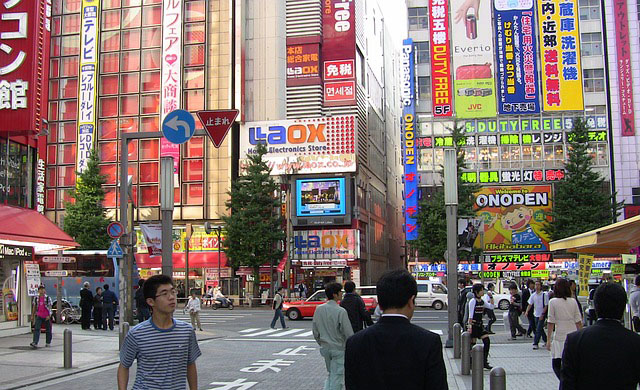
Source:Â pixabay
Dear Diary,
A glassblower’s shop. A used-furniture store. Luxury high-rise condos protected by double fences and electric wire. Neighborhood bars. Fancy restaurants. Sushi. Pizza. Bold glass office buildings.
The Itaim Bibi neighborhood of São Paulo seems to have been spared the zoners’ boring prescriptions. Offices, houses, shops all mingle promiscuously.
A small house – modest, cheap, built in the 1950s – sits across from our hotel. It’s forgotten by time, surrounded by the commerce of the 21st century.
Another house on the Rua Floriano sits underneath an office complex. The owners refused to sell. So the developers built a huge, slick office tower right over it.
“It’s a great city,†says a colleague. “There are only a handful of cities like this in the world. London, Shanghai, Mumbai, Beijing. Paris is a small town in comparison.â€
Little by little, we’re beginning to find our way around.
But we’re not here for our own amusement. We’re not just drinking caipirinhasand ogling the Paulistas. No, that would be selfish. We’re here on your behalf, to learn. To study. To try to understand how this economy works.
It’s just a coincidence that it’s summer here. And that this weekend it’s Carnaval. And that we have a ticket to Rio in our pocket.
Zero Impact?
Our subject lately has been debt. Paul Krugman says no one understands it. He proved his point in a recent New York Times column; at least he proved that he has no idea of how it works.
“We owe it to ourselves,†he wrote. That suggests that the net impact of debt is zero.
But is it?
Meanwhile, colleague Simone Wapler in Paris tells us the “debt doesn’t matter†crowd is growing. France and Germany, among others, guaranteed Greece’s debt. If Greece doesn’t pay, it will fall – logically – to the taxpayers of those countries to shoulder the debris.

